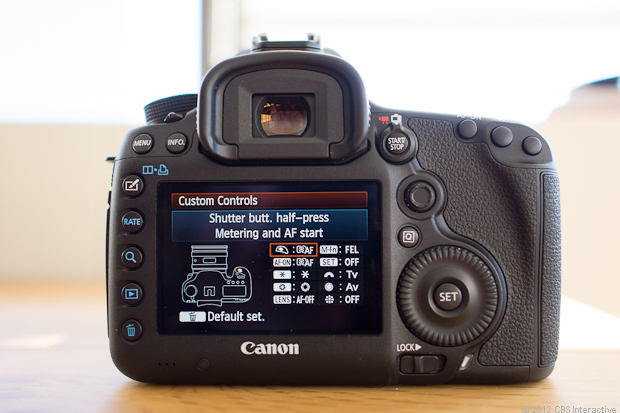 Do you have a morbid fear of leaving your mobile phone behind when you go out? Have you experienced a churning sensation in your stomach when you realize you may have lost your phone? Does losing network reception cause negative physical symptoms, or running out of battery cause a panic attack? Do you take your phone to bed with you, and do you ‘always’ leave your phone on?
Do you have a morbid fear of leaving your mobile phone behind when you go out? Have you experienced a churning sensation in your stomach when you realize you may have lost your phone? Does losing network reception cause negative physical symptoms, or running out of battery cause a panic attack? Do you take your phone to bed with you, and do you ‘always’ leave your phone on?
If you recognize these symptoms, then you are likely to be suffering from nomophobia – the fear of being out of mobile phone contact. Don’t feel too bad; it seems that 66 percent of the population shares your disorder, and it’s a number that is rising steadily.
The term nomophobia is not all Greek (just the last bit), but an abbreviation for ‘no-mobile-phone phobia.’ It was first identified in the UK in 2008 but back then, only 53 percent of phone users were deemed to be suffering from it. The most recent study, sponsored by SecurEnvoy, reveals that 66 percent of the 1,000 people interviewed had symptoms, and that 41 percent, in an effort to stay connected, have two phones or more.
Digging a little deeper, more women worry about losing their phones than men – 70 percent of the women surveyed compared to 61 percent of the men, yet it is men that are more likely to have two phones – scoring 47 percent and 36 percent respectively, perhaps in an effort to stay connected. When asked if they’d be upset if a partner looked at the messages and texts on their phone, almost half said that they would.
In a stroke of sheer brilliance, SecurEnvoy’s CTO, Andy Kemshall, deduced that “what this study does highlight though, is the extent that people now rely on their mobile phones.”
So, what can you do if you are worried that you are suffering from nomophobia? Well, help is on hand via (you guessed it) a dedicated website – www.nomophobia.com. Here you will discover that nomophobia can cause physical side effects such as panic attacks, shortness of breath, dizziness, trembling, sweating, accelerated heart rate, chest pain and nausea. The added stress of the phobia, if it has persisted over a significant length of time, will likely affect one’s health or everyday life. No kidding!
Some people can get by their phobias easily, like with fear of rats (since they are easily avoidable), but for those who fear being disconnected more than anything else, it could be time to seek professional help. The website states that treatments for the worst cases can be approached from several different angles such as exposure therapy or medication.
“People with nomophobia can try self-help methods to deal with the worst of the symptoms. Getting informed about nomophobia is the first step in overcoming the fear of disconnection. Learning to keep negative thoughts at bay is also helpful as a negative train of thought can invoke the phobia. Lastly, practicing relaxation techniques such as deep breathing, yoga and muscle relaxation can help you deal with the emotional and physical symptoms of a severe phobia.”
Now, you may prefer to consider the condition with light undertones or outright disbelief and amusement, but for many it is becoming quite a serious issue. On the other hand, it would be a great talking point amongst friends. However, if they start looking a bit nervous and their eyes glaze over, they may have just discovered they are also nomophobic!
Source : tmforum.org




































